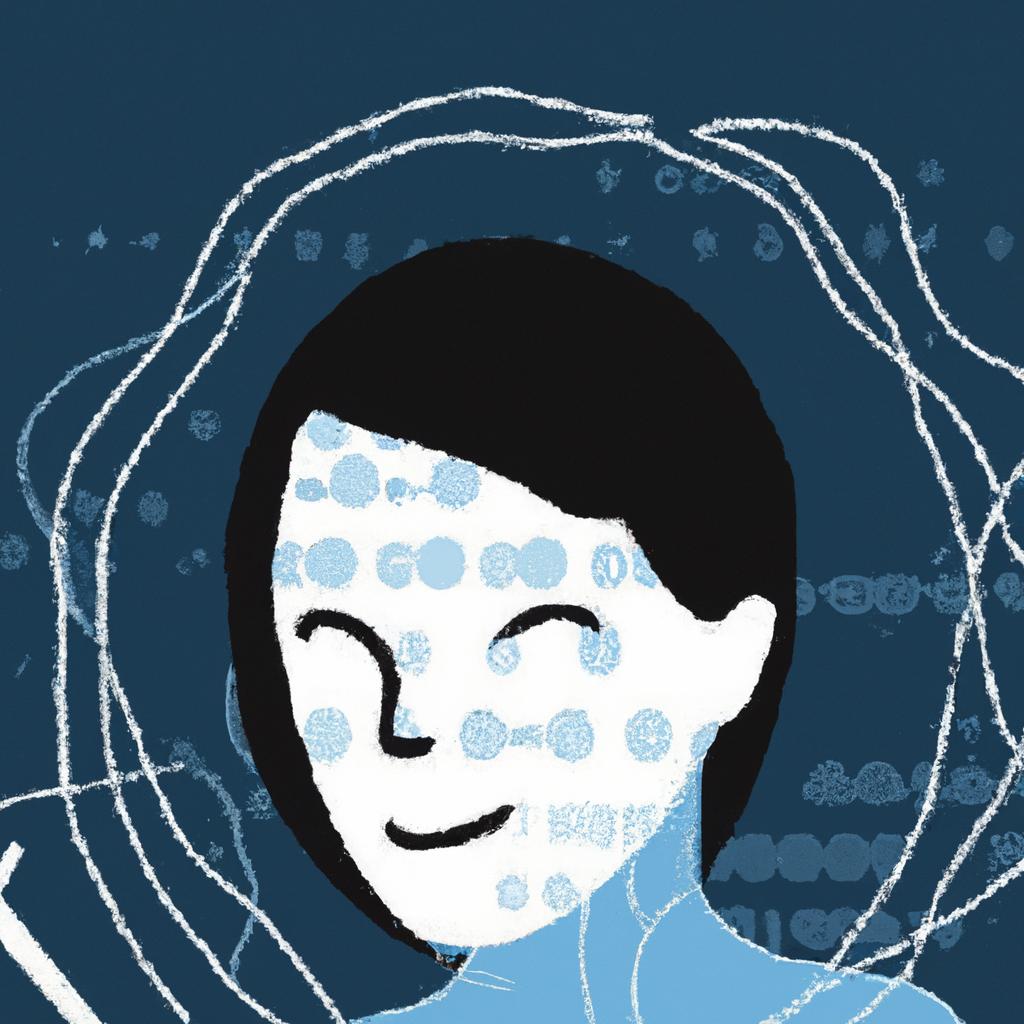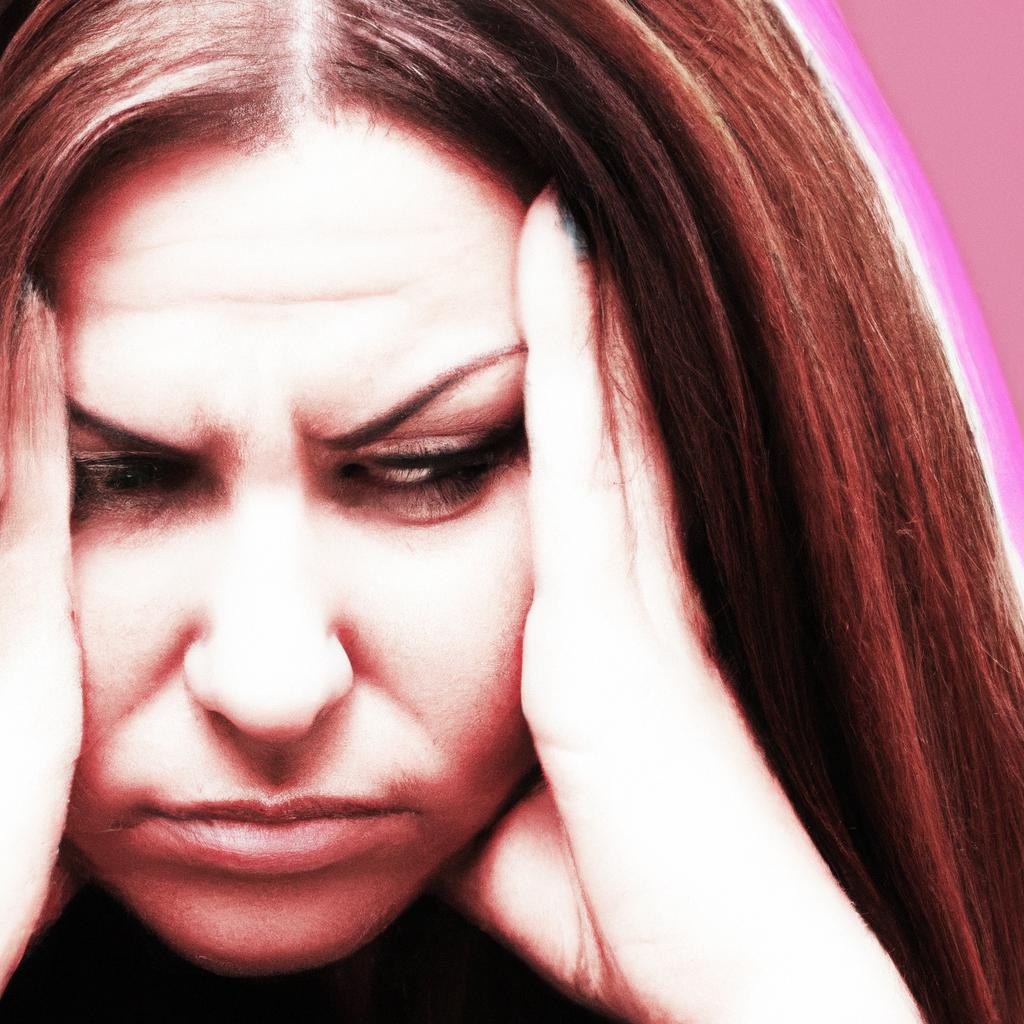When it comes to emergencies, we all know the importance of knowing basic first aid to help those in physical distress. But what about when someone is experiencing a mental health crisis? In this article, we’ll explore the concept of Mental Health First Aid and how you can be prepared to offer support and assistance to those in crisis situations. From recognizing the signs of distress to providing non-judgmental assistance, learn how to be a mental health first responder in times of need.
Table of Contents
- Recognizing Signs of Mental Health Crisis
- Effective Communication Strategies for Helping
- Practical Steps to Support Someone in Crisis
- Resources for Mental Health First Aid Training and Support
- Q&A
- In Summary
Recognizing Signs of Mental Health Crisis
Mental health crises can be difficult to navigate, but being able to recognize the signs is the first step in providing help. It’s important to pay attention to behavior changes in individuals, as they can often indicate a potential crisis. Some common signs of a mental health crisis include:
- Extreme mood swings
- Withdrawal from activities
- Changes in sleep patterns
- Increased substance use
When you notice these signs in someone you know, it’s crucial to approach them with empathy and understanding. Having open and honest conversations about their feelings and offering your support can make a significant difference in helping them through a mental health crisis.
Effective Communication Strategies for Helping
One effective communication strategy for helping someone in a mental health crisis is active listening. This involves fully concentrating on what the person is saying, without interrupting or judging. Show empathy and understanding by paraphrasing what they say to demonstrate that you are truly listening. Let them know that you are there to support them and that their feelings are valid.
Another helpful technique is to ask open-ended questions to encourage the person to talk about their feelings. Avoid questions that can be answered with a simple “yes” or “no”, as these can shut down the conversation. Instead, ask questions that allow the person to express themselves more fully. Remember to maintain good eye contact, offer reassurance, and speak in a calm and gentle tone to help create a safe and supportive environment for the individual.
Practical Steps to Support Someone in Crisis
When supporting someone in crisis, it’s important to approach the situation with empathy and understanding. One practical step you can take is to actively listen to the person without judgment. Let them share their feelings and thoughts without interruption, and validate their emotions by acknowledging their struggles.
Another helpful way to support someone in crisis is to help them explore coping strategies that may work for them. Encourage them to consider activities such as mindfulness, deep breathing exercises, or talking to a mental health professional. Remind them that seeking help is a sign of strength, and offer to assist them in finding resources or support groups that can aid in their recovery.
Resources for Mental Health First Aid Training and Support
When facing a mental health crisis, having the right resources and training can make all the difference. Mental Health First Aid is a vital skill that allows individuals to provide support to those in need. Whether you’re a concerned friend, family member, or community member, knowing how to help in a crisis can save lives. Below are some valuable resources to help you get started:
- Mental Health First Aid Training: Look for local organizations or online courses that offer Mental Health First Aid training. These courses provide essential knowledge and skills to effectively support someone experiencing a mental health crisis.
- Support Hotlines: Save the numbers for mental health hotlines in your area or nationally. These hotlines offer immediate support and guidance for individuals in crisis, as well as for those seeking information and resources.
| Resource | Description |
|---|---|
| National Suicide Prevention Lifeline | 24/7 support for individuals in crisis |
| Crisis Text Line | Text-based support for those in need |
Q&A
Q: What is Mental Health First Aid (MHFA)?
A: MHFA is a training program that teaches individuals how to identify, understand, and respond to signs of mental illness and substance use disorders.
Q: Why is MHFA important?
A: MHFA is important because it equips individuals with the skills and knowledge to provide initial help to someone experiencing a mental health crisis until professional help can be obtained.
Q: What are the common signs of a mental health crisis?
A: Common signs of a mental health crisis may include sudden changes in behavior, extreme mood swings, withdrawal from social interactions, and thoughts of self-harm or suicide.
Q: How can someone provide Mental Health First Aid?
A: Someone can provide MHFA by remaining calm, actively listening to the person in crisis, showing empathy and understanding, and connecting them with appropriate resources and support.
Q: Who can benefit from receiving Mental Health First Aid training?
A: Anyone can benefit from receiving MHFA training, including parents, teachers, healthcare professionals, and members of the community who may encounter individuals in crisis.
Q: How can Mental Health First Aid contribute to breaking the stigma surrounding mental illness?
A: MHFA can contribute to breaking the stigma surrounding mental illness by promoting open and honest conversations about mental health, increasing awareness and understanding, and fostering a supportive and compassionate environment for those in need.
In Summary
In conclusion, Mental Health First Aid is a valuable tool that equips individuals with the skills and knowledge needed to support those in crisis. By learning how to recognize the signs of mental distress and providing appropriate assistance, we can create a more compassionate and understanding community. Remember, it’s okay not to have all the answers, but being there for someone in need can make a world of difference. Let’s continue to break down the stigma surrounding mental health and strive to be a source of comfort and support for those who need it most. Thank you for taking the time to educate yourself on this important topic and for being a beacon of hope in someone’s darkest hour.





